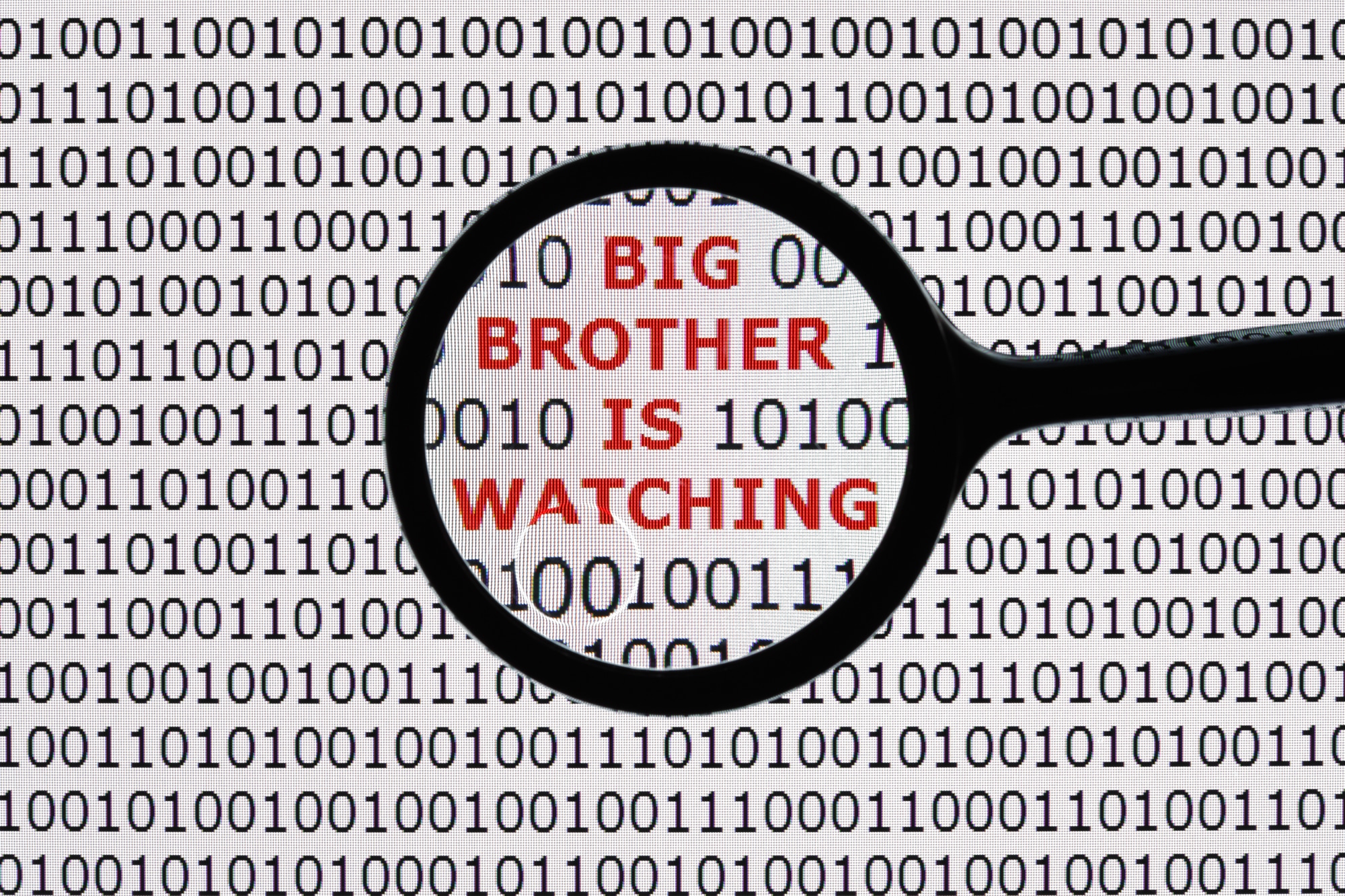There is perhaps no piece of legislation that the current Labour government will introduce in its tenure that is more dystopian, more depressing, and more dangerous than the Data Use and Access Bill. This bill poses a real threat to the freedoms of every single individual in the United Kingdom.
You have a natural, given right to privacy; what you use your property for cannot be spied upon unless there is a very real, solid, and robust case to break this privacy based on your aggression against another individual’s property rights. The Data Use and Access Bill is being snuck through the British Parliament with very little media coverage. It was introduced in the House of Lords—possibly to avoid a scene—it must be opposed by every individual who wishes to live a private life.
There are multiple clauses in this bill that would allow the secretary of state to override legislation and modify British data protection laws without needing a separate bill. The clauses include powers that would allow the secretary of state to add or remove what constitutes sensitive data, something the bill refers to as “special categories data” to make it seem less worrisome. It also provides the secretary of state with the power to introduce new legal bases for processing which it calls “recognised legitimate interests”; what this refers to will most likely be tied heavily to the political ebbs and flows of the secretary of state, a person who will always have the primary goal of re-election in mind.
If passed, the secretary of state will be able to add numerous exemptions, at the stroke of a pen, to the purpose limitation principle; that is, the principle that your personal data should only be collected with an explicit justification will be watered down to suit the secretary’s needs. Power will be seized, instead of bestowed, and the hand that seizes it will be wielding a statutory instrument that will allow such a seizure. There will be almost no scrutiny directed at the content of the statutory instrument. History teaches many great lessons and the main one in this context is that Parliament has not rejected a single statutory instrument since 1979. Parliamentary scrutiny towards statutory instruments is but a figment of the imagination of those who defend these processes. There is an extremely high likelihood that if the secretary of state wishes to exempt from the purpose limitation principle specific sets of data that they believe are causing harm that they will get the exemption with little, to no, pushback.
Data can be an abstract term; lots of politicians talk about it but it is rarely ever explained in terms that people will understand. Cynics may point out that it is explained in such an abstract way for a reason, meaning it is politically expedient for politicians that the public are only aware of data in such an unclear manner. The state having power over your data could mean control over many things, including, but not limited to, your financial transactions, your social media activity, your text messages, and emails. With a stroke of a pen, a secretary of state could have access to your viewing content on social media, which could include people or organizations they politically disagree with and find hateful. You could be accused of spreading and harboring hateful information and be held legally liable.
Something more minor, but no less dystopian, could be that your social media account is suppressed after the state puts pressure on Big Tech to censor your activity. This is not a fairytale but something that is all too real. Individuals who expressed views that COVID-19 may have leaked from a lab were blacklisted on social media throughout the pandemic at the behest of multiple governments for a view that turned out to be, more than likely, true. Individuals who expressed their opinions on social media after the recent Southport riots were handed massive legal penalties for spreading misinformation despite some, not all, being true.
These are all very real and extremely recent examples of the state bearing down on dissenting opinions so the mainstream narrative can be sustained. These same political actors will claim that democracy is so effective because of its diversity of opinion, but when push comes to shove they do not hesitate to abandon that stance and keep democracy contained to the “safe views.” It would be more straight forward for them to argue that extreme views are a danger to society and that they don’t actually believe in diversity of opinion; at least then the public would know their stance. However, that is not what they say. Instead they choose to be contradictory for political expediency and those with ears that wish to understand can see the lies.
If society wishes to retain its privacy, it is imperative that we understand where our right to a private life comes from. For this case relating to data, it derives from property rights. It is an objective truth that you own yourself. You, and yourself alone, can exercise control over your own body so logically you own it. If you do not, who does? Intellectuals can tie themselves in contradictions if they wish to deny reality but it cannot be avoided that there is a critical link between control and ownership when it comes to one’s own body. You can justly extend this control, and therefore your property right, to goods that you have obtained either by mixing your labor with unowned resources or garnering them in a voluntary exchange. Data is merely an extension of your speech and actions; meaning, since you own your own speech and own the product of your actions, then the data is your property. This means you have the right to restrict access to whoever you want including the state. This is the default position. The state must justify why it can violate your natural right, not the other way around. Just as another individual does not have the right to force me to provide them with what I have written down digitally, the state does not have a right to access it either since the individual has sole restriction rights.
Admittedly, the reality is more nuanced since Google, X and other social media companies and search engines do trade your data to other companies; but this is done entirely voluntarily. You sign up to use their services knowing your searches may cause you to get recommendations for products and services based on your search data but this was not coerced from you. The state is the antithesis to this idea. This bill empowers the state to violate your private property rights since no voluntary exchange will occur and your data will be seized, not voluntarily provided to the state.
“If you have nothing to hide, you have no reason to be fearful,” drone the establishment figures and useful idiots that support the Data Use and Access Bill. They say that crime is rampant, violence is commonplace, and hate seems to be spreading so why shouldn’t the state be able to crack down on all these things? The state has grown into a great colossus that believes every matter down to the size of a hedge should be controlled by its diktats. This has created a political class that does not believe in natural rights and does not believe that although something may be labeled hateful, that the individual doing the “hating” has the right to be hateful. What can be labeled hateful can put great swathes of individuals at the mercy of a state that wishes to stamp their hate out of society.
The goalposts will shift whether that’s due to the pendulum of political power swinging during an election or because of a declared emergency that supposedly requires normal conditions to be moot. This bill will unleash a power that will be incredibly damaging to the new digital age. Political ministers may be able to gather your data, declare you a criminal for its content, and legally penalize you because of an opinion, who you donated money to, and who you follow. Do you trust your mortal political enemies to not use this power in a malicious manner? If you do not, take a long hard think to consider whether this bill is going to benefit society.

































